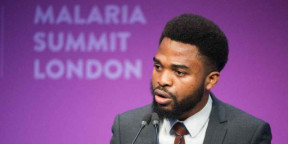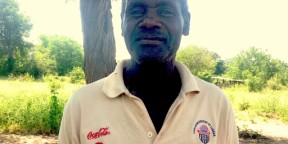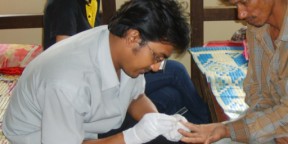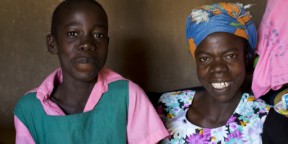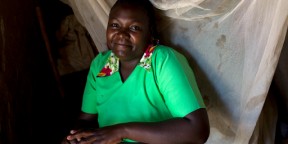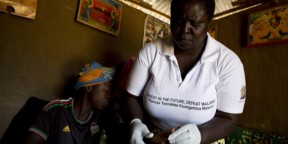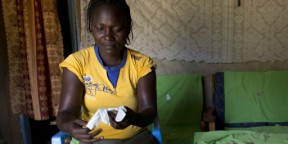Ndifanji's story
Malaria has been an ever-present factor in the life of Ndifanji, 25, who lives in Blantyre, Malawi. As the eldest sibling in a family of five children and witnessing those in the community around her falling ill from malaria, Ndifanji made the decision at a young age to study medicine and learn to fight the diseases that she saw ruining so many lives. Ndifanji has luckily never suffered from malaria, making sure she always sleeps under a net and spraying her room to stay safe. Unfortunately, in November 2017 her sister was hospitalized from the disease and whilst she has recovered, the experience proved to be another reminder of just how dangerous malaria can be.
As a young medical doctor, Ndifanji trained in Malawian hospitals where children were brought in, dying of malaria and she attended to pregnant women who needed urgent treatment. As she became more and more aware of the scale of the national challenge, she chose to step back from hands on clinical work, to focus on research that can strengthen Malawi’s ability to tackle the disease.

Ndifanji now works as an assistant lecturer in Public Health at the University of Malawi, College of Medicine and a research intern with the malaria epidemiology group at the Malawi-Liverpool Wellcome Trust Clinical Research Programme.
In 2014 Ndifanji was elected as the first female president of Medical Rights Watch where she has led a movement to hold the state accountable on the right to health, which involved translating the Malawi health charter into the local language and educating the public on their health rights. Ndifanji is also involved in a radio programme which aims to inform Malawian youth of their health rights as well as the services which are available to them.
At the Malaria Summit London during the Commonwealth Heads of Government meeting, April 2018 Ndifanji gave an impassioned key note speech sharing her personal malaria story, her inspiration to fight the disease and calling on Commonwealth leaders to take action.


